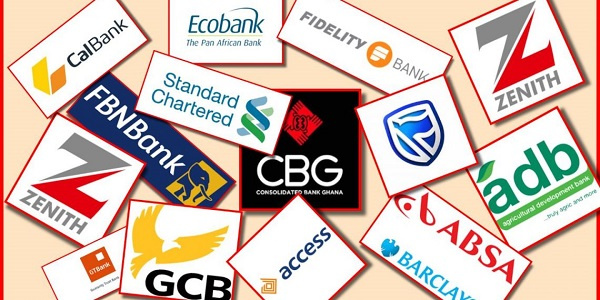Banks initiate efforts to recover GHS 2.4bn bad debt; target defaulted borrowers
According to data from the Bank of Ghana’s Monetary Policy Report in September 2023, non-performing loans (NPLs) in the banking industry increased by 53.6 percent, reaching GHS 14.5 billion in August 2023, compared to GHS 9.5 billion in August 2022. The increase is attributed in part to the revaluation of foreign currency NPLs and the deterioration of domestic currency loans.
- Advertisement -
Chief Executive of the Ghana Association of Banks (GAB), John Awuah, has highlighted efforts by commercial banks in the country to recover loans classified as bad debt which amounted to over GHS 2.4 billion at end-August 2023.
Speaking in an interview, he emphasized that these debts have not been entirely forgiven but rather termed as “written off” for accounting purposes.
- Advertisement -
According to him, GAB has initiated discussions with the Office of the Chief Justice to seek legal assistance in addressing the legal aspects of recovering the loans.
- Advertisement -
Additionally, GAB is collaborating with the Lands Commission to streamline the documentation of land titles used as collateral for loans. These efforts, he noted, are aimed at helping banks recover the loans to strengthen the operations of financial institutions in the country.
According to data from the Bank of Ghana’s Monetary Policy Report in September 2023, non-performing loans (NPLs) in the banking industry increased by 53.6 percent, reaching GHS 14.5 billion in August 2023, compared to GHS 9.5 billion in August 2022. The increase is attributed in part to the revaluation of foreign currency NPLs and the deterioration of domestic currency loans.
- Advertisement -
The majority of NPLs are attributed to the private sector, which accounted for 95.0 percent of NPLs in August 2023. This proportion is slightly lower than the 95.9 percent recorded in August 2022, while NPLs from the public sector increased to 5.0 percent from 4.1 percent a year ago.
The rising NPLs could have an impact on the cost of credit for new loans. Mr. Awuah mentioned that this situation may affect good borrowers’ ability to access credit and obtain favorable interest rates.
- Advertisement -


